Designing for Avelo was a dream job. Then the airline partnered with ICE
In 2020, designer and brand strategist Kim Berlin got a call she was not expecting. Her small New York firm was invited to help create the visual identity of a new budget airline being formed from the bones of a former charter airline. The new airline, Avelo, would focus on bringing low-cost flights to underserved regional airports like those in Burbank, California, and New Haven, Connecticut. Berlin worked with the company to develop everything from its logo to its airplane livery to the clothes its flight attendants would wear. “It was actually a huge deal for me because I’m a one-person operation over here,” Berlin says. “I was selected to create an entire airline from scratch. It’s something that not even some of the largest design firms ever have the privilege of being able to do.” The bright and cheery design she created has won her numerous awards, including the American Graphic Design Award, and an honorable mention in Fast Company’s 2022 Innovation by Design Awards for graphic design. It’s become a kind of calling card project for Berlin and her firm. [Images: Avelo] But then the business behind the brand made a controversial decision that Berlin is still trying to wrap her head around. Earlier this month it was reported that Avelo had signed an agreement to begin operating charter deportation flights out of Arizona for the U.S. Department of Homeland Security’s Immigration and Customs Enforcement agency. It’s a process the Trump administration has already begun implementing with other partners, including the U.S. military. Some of these deportations have been conducted without the due process of law, a violation of the U.S. Constitution. The Supreme Court unanimously stated recently that targeted individuals must be granted time to contest their removal. Protesters in front of Tweed Airport in New Haven, Connecticut, on April 17, 2025 [Photo: Roy De La Cruz/SOPA Images/LightRocket/Getty Images] Avelo’s agreement to participate in these actions has prompted a backlash, including a growing petition to boycott the company. In a statement, Avelo CEO Andrew Levy defended the partnership. “We realize this is a sensitive and complicated topic,” he said, noting that the airline’s flights would be part of a “long-term charter program” with DHS that would help with expansion and protect jobs. Berlin learned about the partnership via a Google Alert she had set up to track the company. In contrast to previous alerts about positive news like route expansions or growing revenues, the ICE partnership came as a shock. “Historically I’ve been celebrating them all along and then this shows up and I’m like, oh my God,” she says. “It sounded so different from the initial objectives of the [company] when we started . . . five years ago.” These actions have put Berlin in the awkward position of being so closely connected to a brand that has done something she neither expected nor wanted. It’s forced a kind of reckoning over how she should respond: whether to distance herself from the brand and her own work on it, to look beyond the politics of the decision, or to find some other way of celebrating the work while also opposing the decision of the company she once served. “That is the question I have been chewing on ever since I found out about a week ago,” she says. Avelo’s involvement in the deportation effort came as a surprise to Berlin because her experience working with the company’s leaders was such a positive one. “I love everyone I worked with on this project,” she says, noting that the company’s founding effort was driven by community and idealism. “It was great. It was like the little guy for the little guy. Everybody was so family-oriented. Even through the design process, some of the families got involved. We were fielding comments from wives and children.” Avelo did not respond to a request for comment by time of publication. Berlin’s processing is ongoing—“I’m still circling,” she says—but she’s found herself leaning toward a set of principles she believes other designers may find helpful should they ever encounter a similar situation. “As designers we’ve got to recognize that these babies have a whole life of their own once they’re out in the world. And what our clients decide to do with the work is entirely their prerogative. That’s the way business works,” she says. “I also feel like now more than ever is a time when we need to ask whether the way business works is actually working for us.” The experience has led her to reevaluate how she will interact with clients going forward, allowing herself more time to decide whether to take on new projects. It’s also led her to a place of acceptance about what she can and can’t control. “I’m really proud of this work. And just because they’ve made a particular decision that I don’t necessarily agree with doesn’t necessarily mean that the work I’ve done has no value,” she says. “It was really a dream to do.” Her main piec
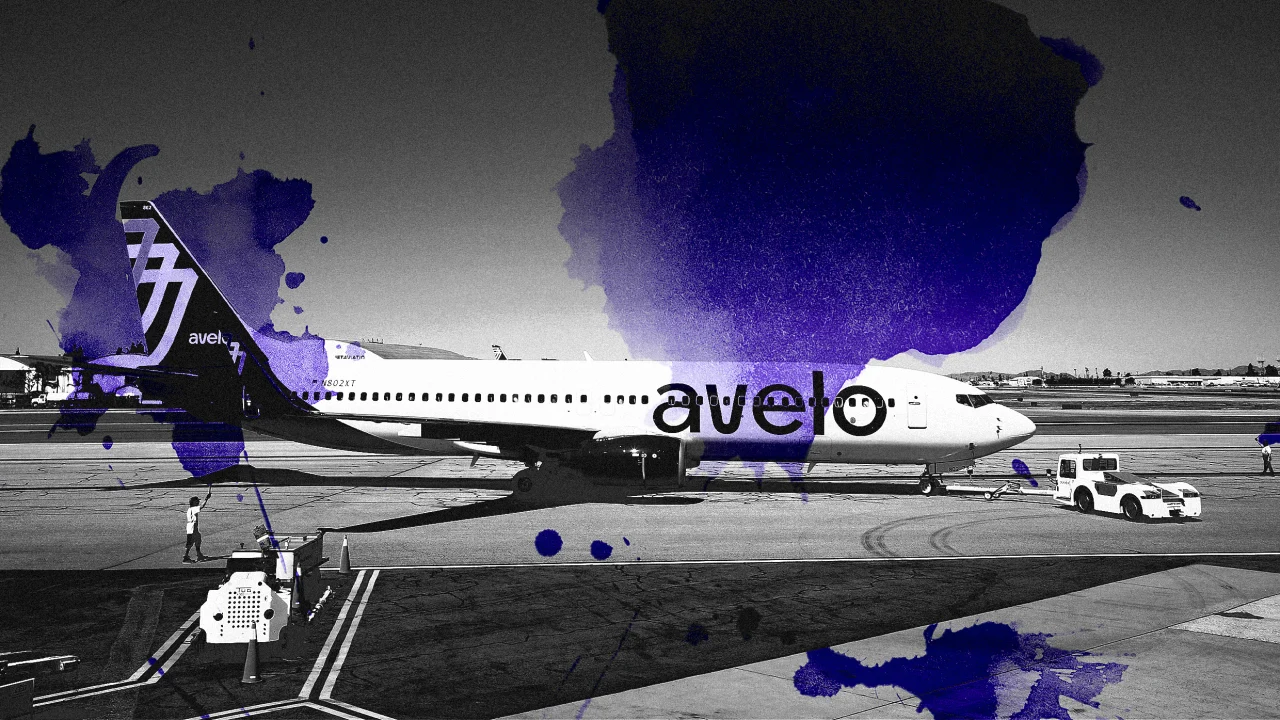
In 2020, designer and brand strategist Kim Berlin got a call she was not expecting. Her small New York firm was invited to help create the visual identity of a new budget airline being formed from the bones of a former charter airline. The new airline, Avelo, would focus on bringing low-cost flights to underserved regional airports like those in Burbank, California, and New Haven, Connecticut. Berlin worked with the company to develop everything from its logo to its airplane livery to the clothes its flight attendants would wear.
“It was actually a huge deal for me because I’m a one-person operation over here,” Berlin says. “I was selected to create an entire airline from scratch. It’s something that not even some of the largest design firms ever have the privilege of being able to do.”
The bright and cheery design she created has won her numerous awards, including the American Graphic Design Award, and an honorable mention in Fast Company’s 2022 Innovation by Design Awards for graphic design. It’s become a kind of calling card project for Berlin and her firm.
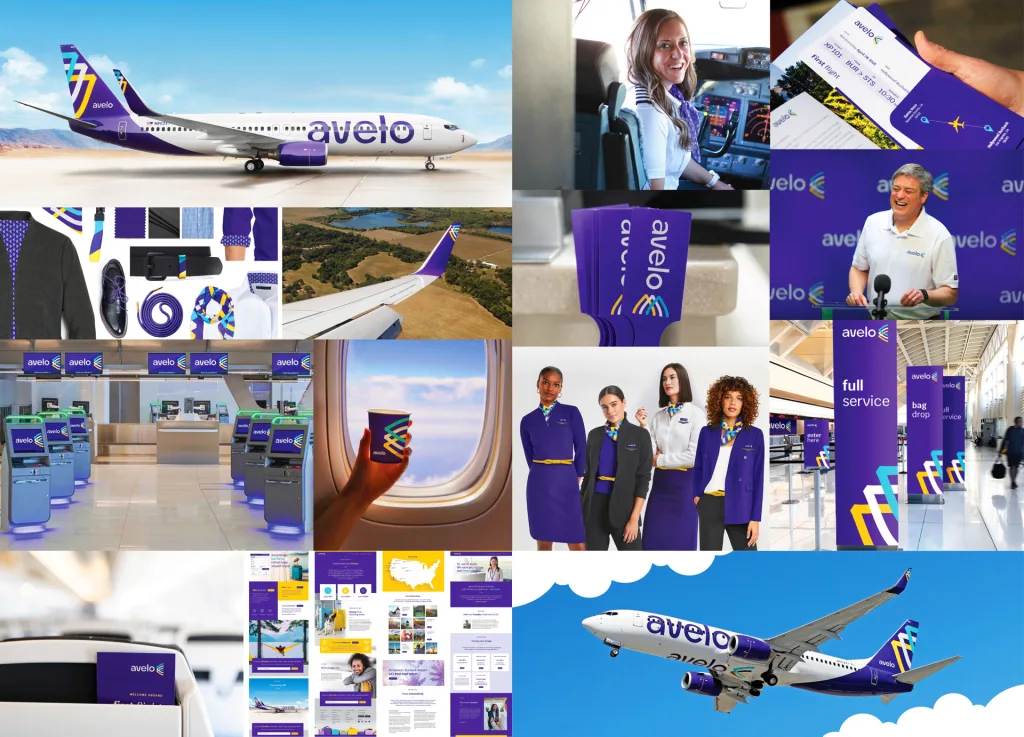
But then the business behind the brand made a controversial decision that Berlin is still trying to wrap her head around. Earlier this month it was reported that Avelo had signed an agreement to begin operating charter deportation flights out of Arizona for the U.S. Department of Homeland Security’s Immigration and Customs Enforcement agency. It’s a process the Trump administration has already begun implementing with other partners, including the U.S. military. Some of these deportations have been conducted without the due process of law, a violation of the U.S. Constitution. The Supreme Court unanimously stated recently that targeted individuals must be granted time to contest their removal.
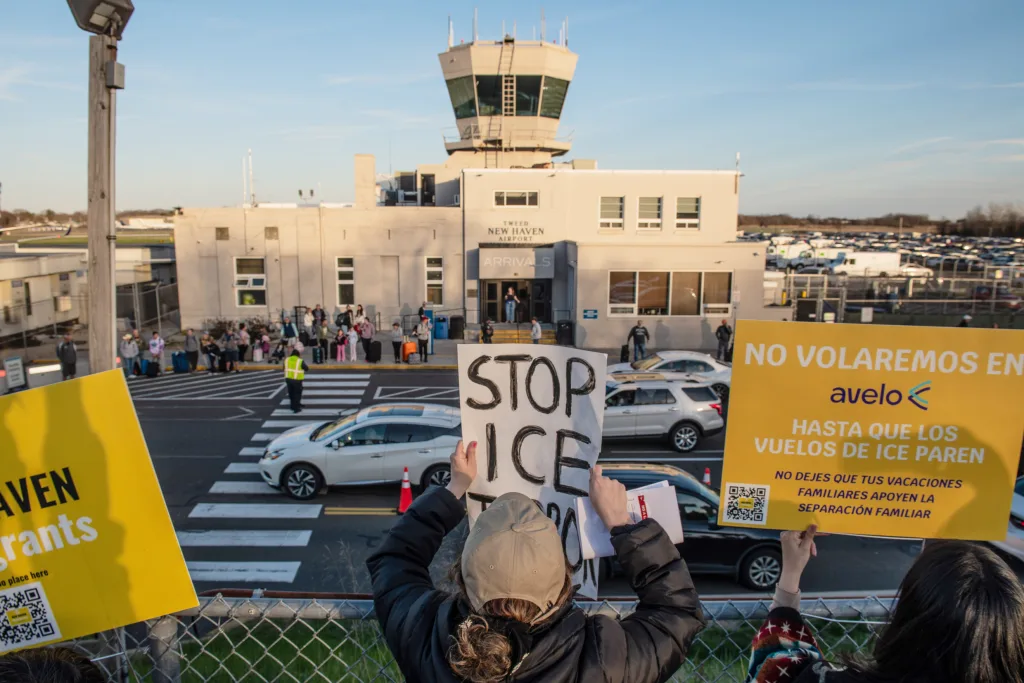
Avelo’s agreement to participate in these actions has prompted a backlash, including a growing petition to boycott the company. In a statement, Avelo CEO Andrew Levy defended the partnership. “We realize this is a sensitive and complicated topic,” he said, noting that the airline’s flights would be part of a “long-term charter program” with DHS that would help with expansion and protect jobs.
Berlin learned about the partnership via a Google Alert she had set up to track the company. In contrast to previous alerts about positive news like route expansions or growing revenues, the ICE partnership came as a shock. “Historically I’ve been celebrating them all along and then this shows up and I’m like, oh my God,” she says. “It sounded so different from the initial objectives of the [company] when we started . . . five years ago.”
These actions have put Berlin in the awkward position of being so closely connected to a brand that has done something she neither expected nor wanted. It’s forced a kind of reckoning over how she should respond: whether to distance herself from the brand and her own work on it, to look beyond the politics of the decision, or to find some other way of celebrating the work while also opposing the decision of the company she once served. “That is the question I have been chewing on ever since I found out about a week ago,” she says.
Avelo’s involvement in the deportation effort came as a surprise to Berlin because her experience working with the company’s leaders was such a positive one. “I love everyone I worked with on this project,” she says, noting that the company’s founding effort was driven by community and idealism. “It was great. It was like the little guy for the little guy. Everybody was so family-oriented. Even through the design process, some of the families got involved. We were fielding comments from wives and children.”
Avelo did not respond to a request for comment by time of publication.
Berlin’s processing is ongoing—“I’m still circling,” she says—but she’s found herself leaning toward a set of principles she believes other designers may find helpful should they ever encounter a similar situation.
“As designers we’ve got to recognize that these babies have a whole life of their own once they’re out in the world. And what our clients decide to do with the work is entirely their prerogative. That’s the way business works,” she says. “I also feel like now more than ever is a time when we need to ask whether the way business works is actually working for us.”
The experience has led her to reevaluate how she will interact with clients going forward, allowing herself more time to decide whether to take on new projects. It’s also led her to a place of acceptance about what she can and can’t control. “I’m really proud of this work. And just because they’ve made a particular decision that I don’t necessarily agree with doesn’t necessarily mean that the work I’ve done has no value,” she says. “It was really a dream to do.”
Her main piece of advice to designers is to not conflate one’s work with their identity. “You are not your projects,” she says. “If you did your best, then you did your best. Don’t let somebody else’s actions or decisions take that away from you.”


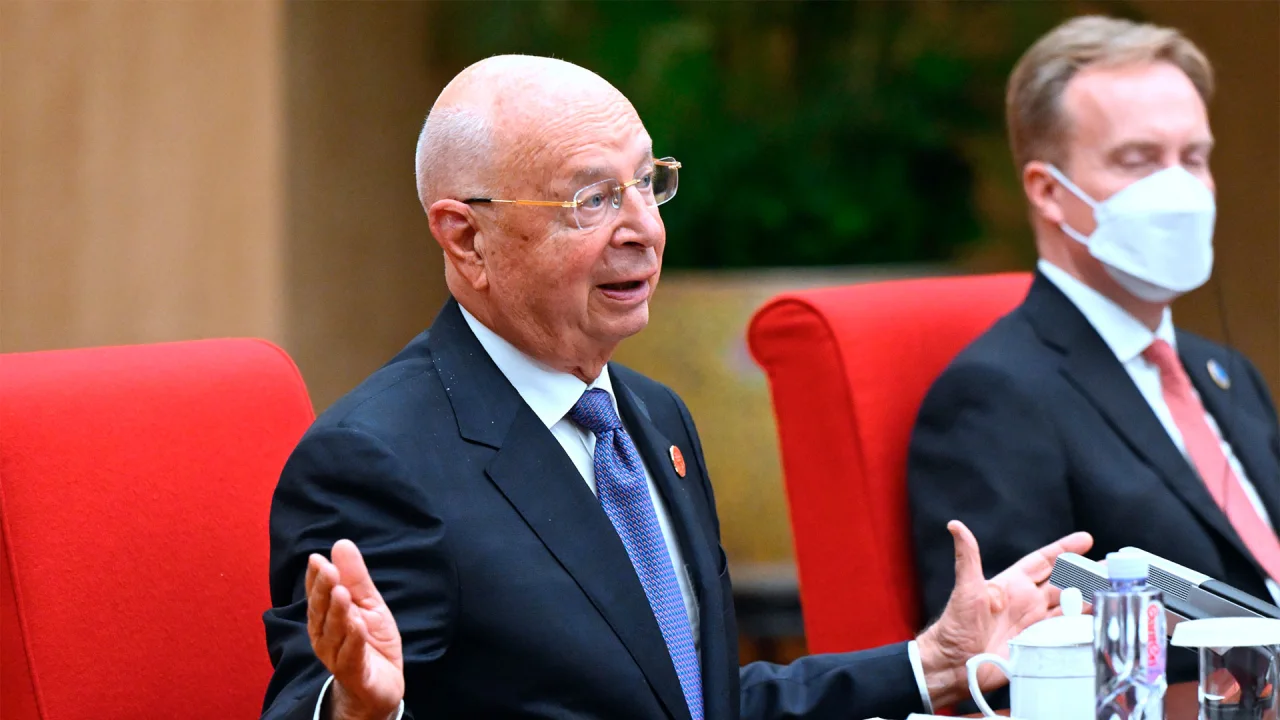

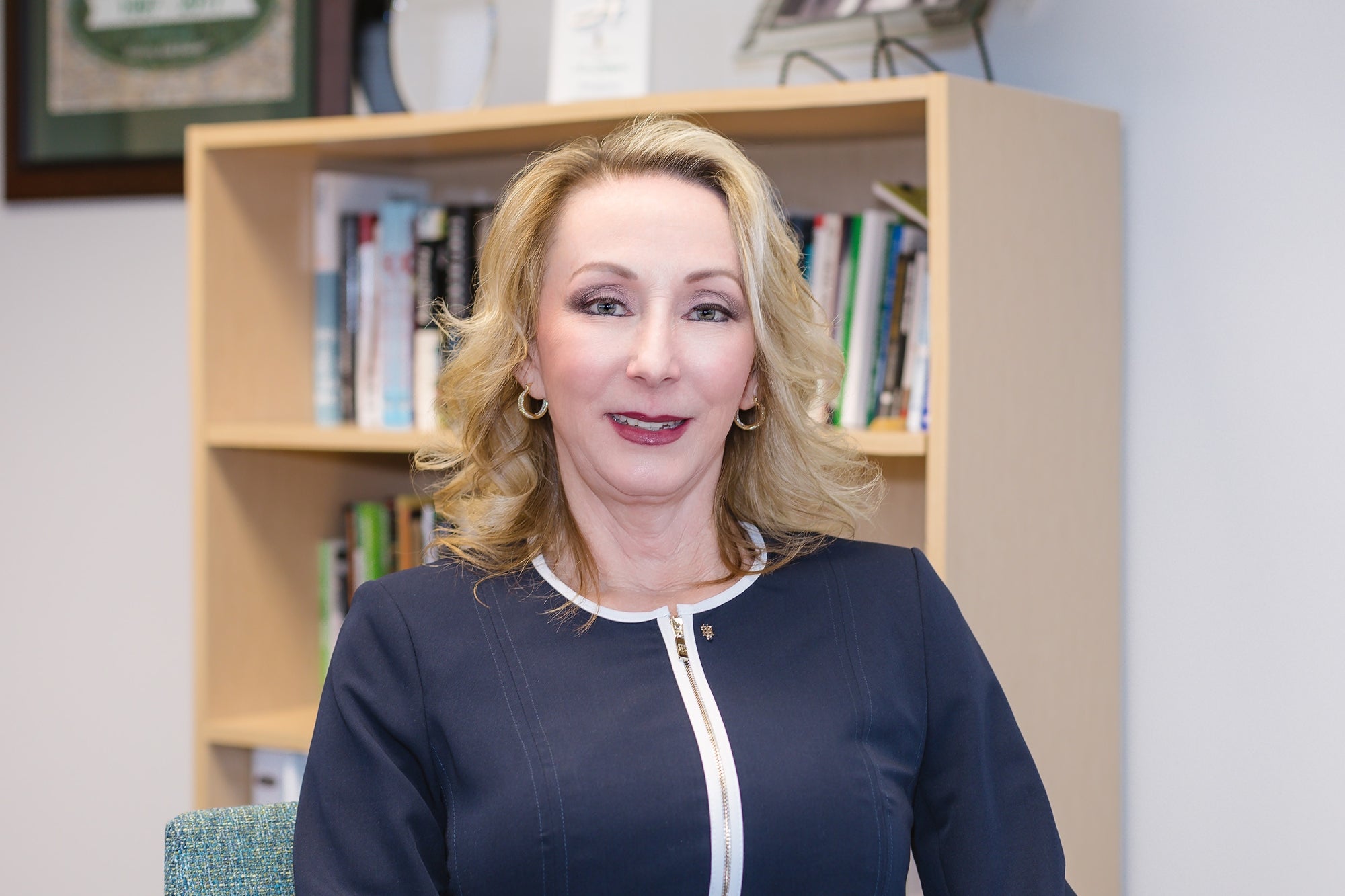





































































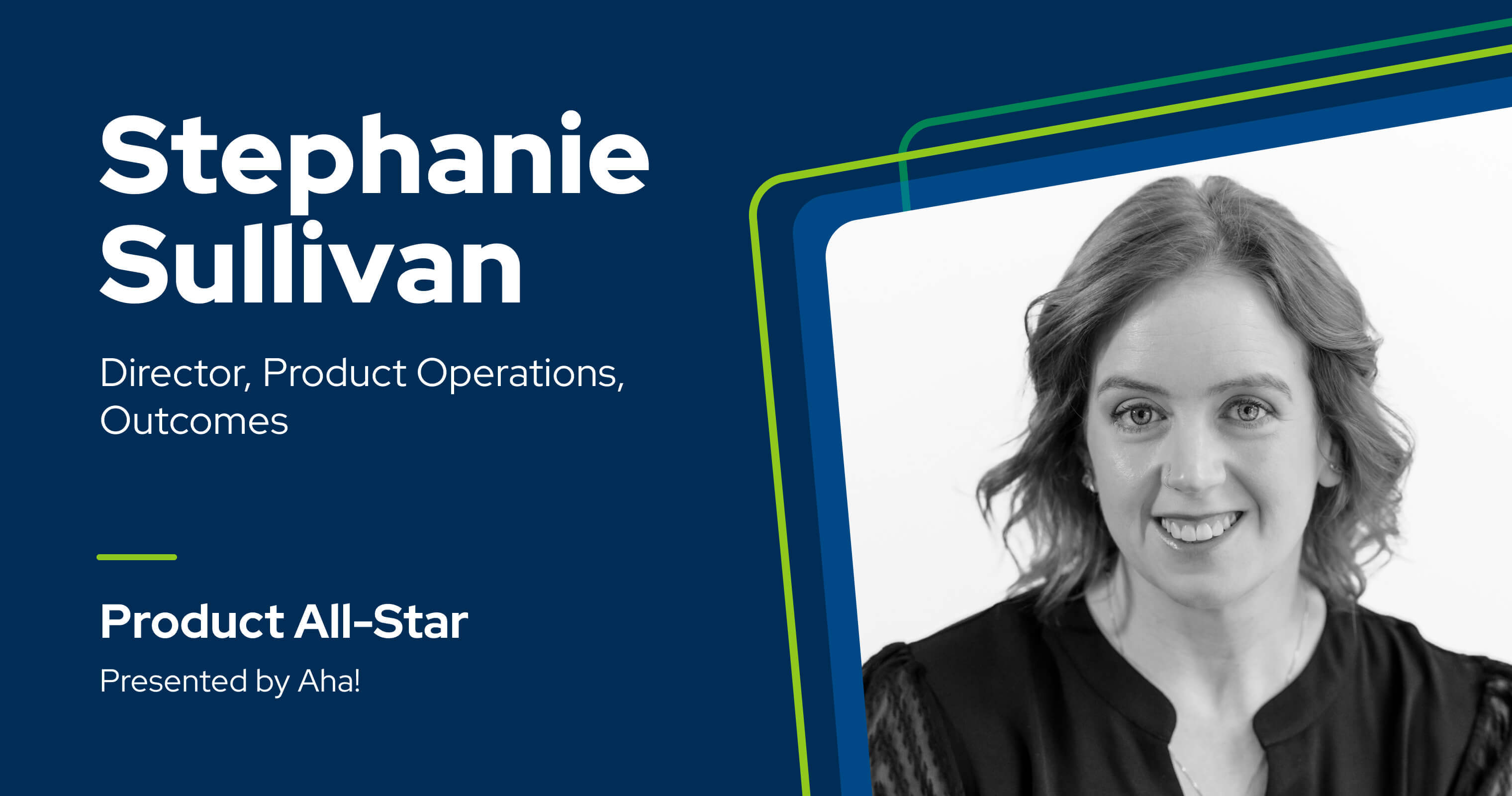
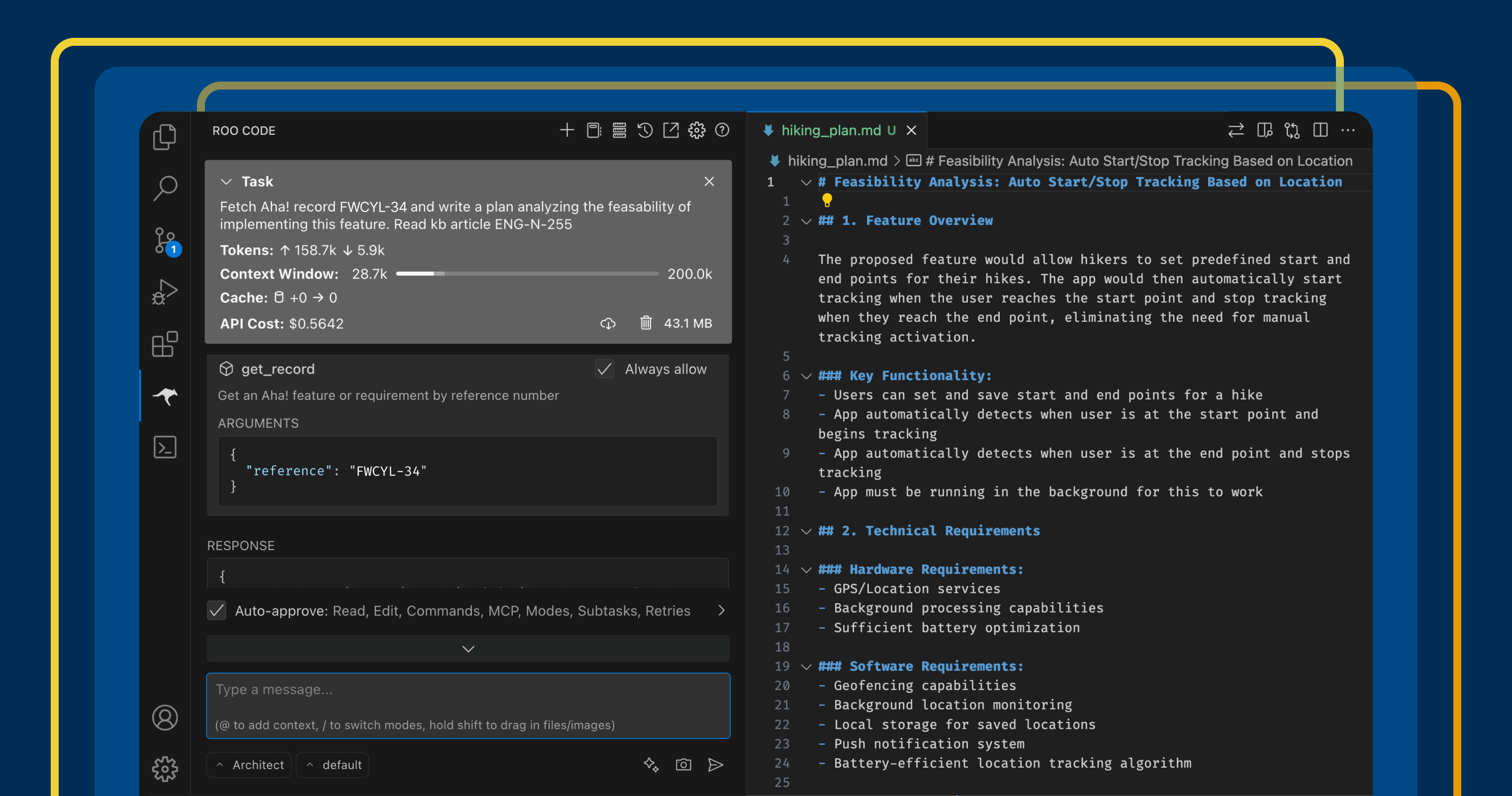





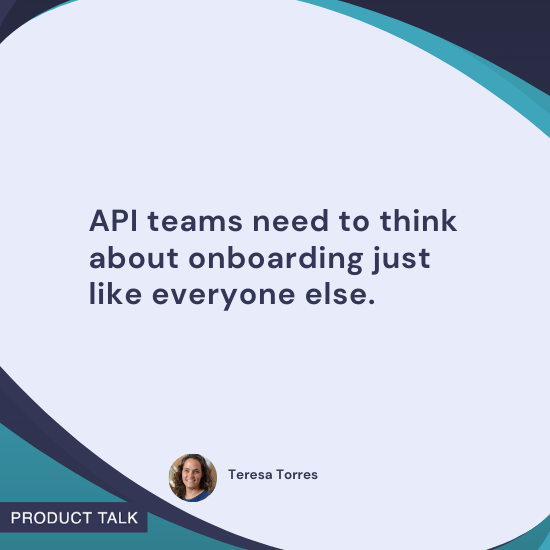
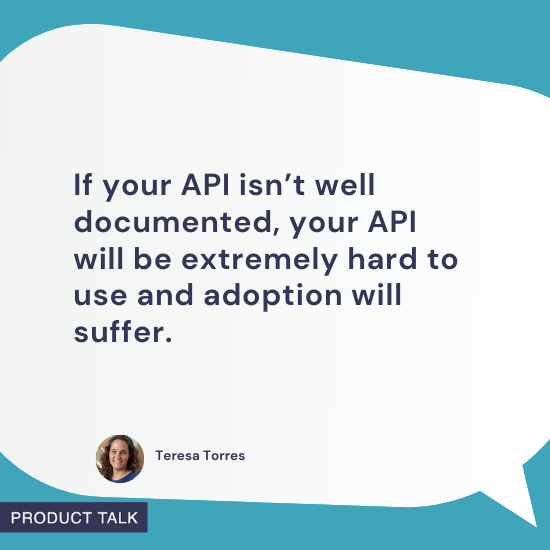


















![Building A Digital PR Strategy: 10 Essential Steps for Beginners [With Examples]](https://buzzsumo.com/wp-content/uploads/2023/09/Building-A-Digital-PR-Strategy-10-Essential-Steps-for-Beginners-With-Examples-bblog-masthead.jpg)





![How One Brand Solved the Marketing Attribution Puzzle [Video]](https://contentmarketinginstitute.com/wp-content/uploads/2025/03/marketing-attribution-model-600x338.png?#)































